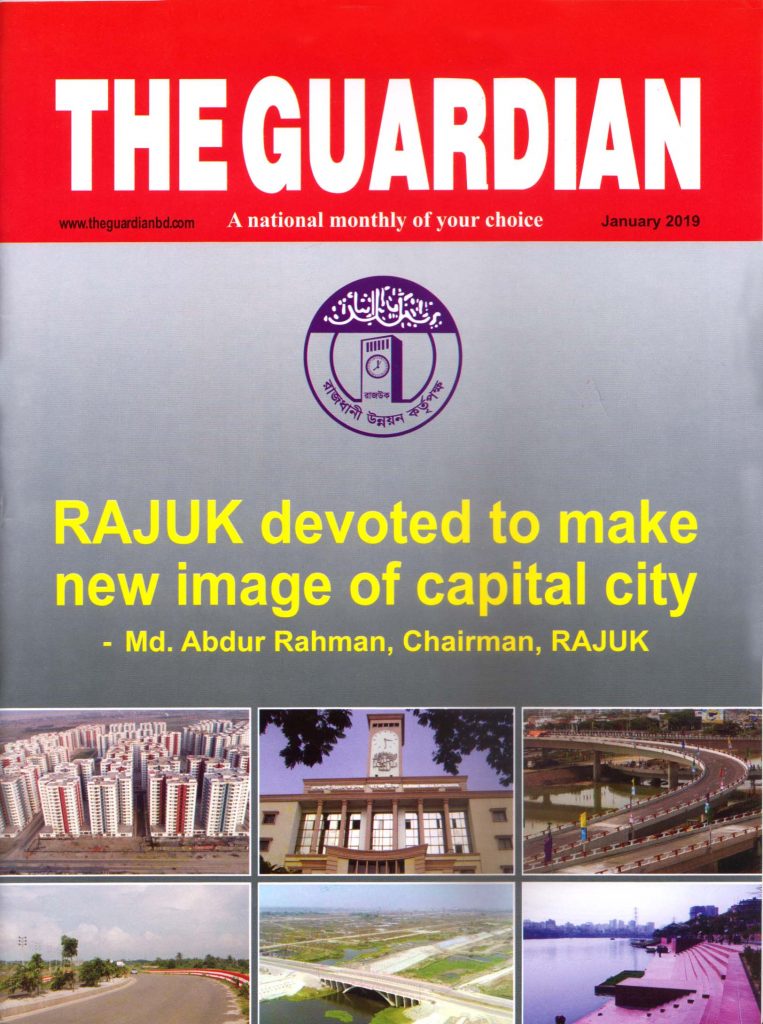The Bangladesh Securities and Exchange Commission (BSEC) has moved forward to formulate rules to open ‘commodity exchange’ in the country for the first time.
A committee of BSEC has submitted two reports to the commission in this regard which may help accelerate the process to formulate commodity and exchange rules very soon, officials said.
Experts and private investors urged for formulating rules as soon as possible to launch commodity exchanges in Bangladesh to boost trade of agricultural produces in the country.
A commodities exchange is an exchange where various commodities and derivatives products are traded. Most commodity exchanges across the world trade in agricultural products and other raw materials like wheat, jute, sugar, maize, cotton, oil, metals, etc and contracts based on them.
These contracts can include spot prices, forwards, futures and options on futures. Commodities exchanges usually trade futures contracts on commodities, such as trading contracts.
In 2013, two companies took initiative to open commodity exchanges in Bangladesh with permission from the Textile and Jute Ministry.
“But BSEC did not permit them in absence of rules in this regard”, Md Saifur Rahman, executive director of the capital market regulator said.
“As per the amended Securities and Exchange Act, the commission only preserves the right to allow any organisation to conduct commodity exchange service”, he said.
The commission had no rules in this regard so it took the issue with due importance and moved to formulate rules, he said.
A three member committee headed by BSEC executive director Mahbubul Alam, visited Indian commodity exchanges and their regulator two times, he said.
“The committee submitted its primary report on the first quarter and final report on the last quarter of 2014”, he said.
The BSEC will formulate rules based on the report and experts’ advices very soon, he said.
Another official of BSEC, requesting anonymity said Dhaka Stock Exchange (DSE) and Chittagong Stock Exchange (CSE) have also urged for opening commodity exchange.
Managing director of Chittagong Stock Exchange (CSE) Wali-ul-Maroof Matin, a cognoscente of this concept in Bangladesh said formulating rules and regulations is not big problem.
He said infrastructure development is the key issue in this regard.
“A commodity exchange might need huge investments. We can start it in both the public and private sectors,” Wali-ul-Maroof said.
“Bangladesh Jute and Commodity Exchange Ltd (BJCE), an initiative of Deshbandhu Group was first of its kind in the country which was near to open a jute exchange from 2013 jute season in five districts in pilot basis”, commodity exchange expert Habib Rahman said.
Pride Group, a Dubai-based multinational company, which has experiences in 14 countries in this regard, became partner of BJCE, said Mr Habib, who was a former chief investment officer at Deshbandhu Group.
“The Pride Group provided all technical supports to use their software,” he said.
“Mr Golam Mostafa, chairman of Deshbandhu Group has a target to open a commodity exchange in Bangladesh as like as the East India Jute and Hessian Exchange Ltd in Kolkata” he said.
He said all formalities were completed, 25 warehouses were established in five districts in Shariyatpur, Madaripur, Pabna, Faridpur and Rajbari.
He said an ‘integrated warehouse network’ (IWN) is key precondition for commodity exchange.
BJCE had a target to establish an IWN to boost agri trade in the country, said Mr Habib, now working as the head of syndication and structured finance at The Premier Bank Ltd.
An official at Deshbandhu Group said BJCE has withheld the initiative temporarily and is now waiting for the formulation of rules by the BSEC.
However, another company Popular Jute Exchange Ltd also took move to open commodity exchange in November 2013, according to BSEC.
Agro economist ASM Golam Hafiz Kennedy told the FE that neighbouring India has 6 national and 16 regional commodity exchanges.
“India has also a separate regulator in this regard”, he said.
He said export, import and local trading have increased manifold in last three decades in Bangladesh.
The country now exports agricultural products (food and cash crops) worth US $1.6 billion annually. “So, it is a demand of time to open commodity exchanges in Bangladesh. Indian experience will be very helpful to run such exchanges in Bangladesh,” he said.









